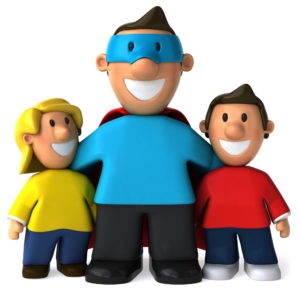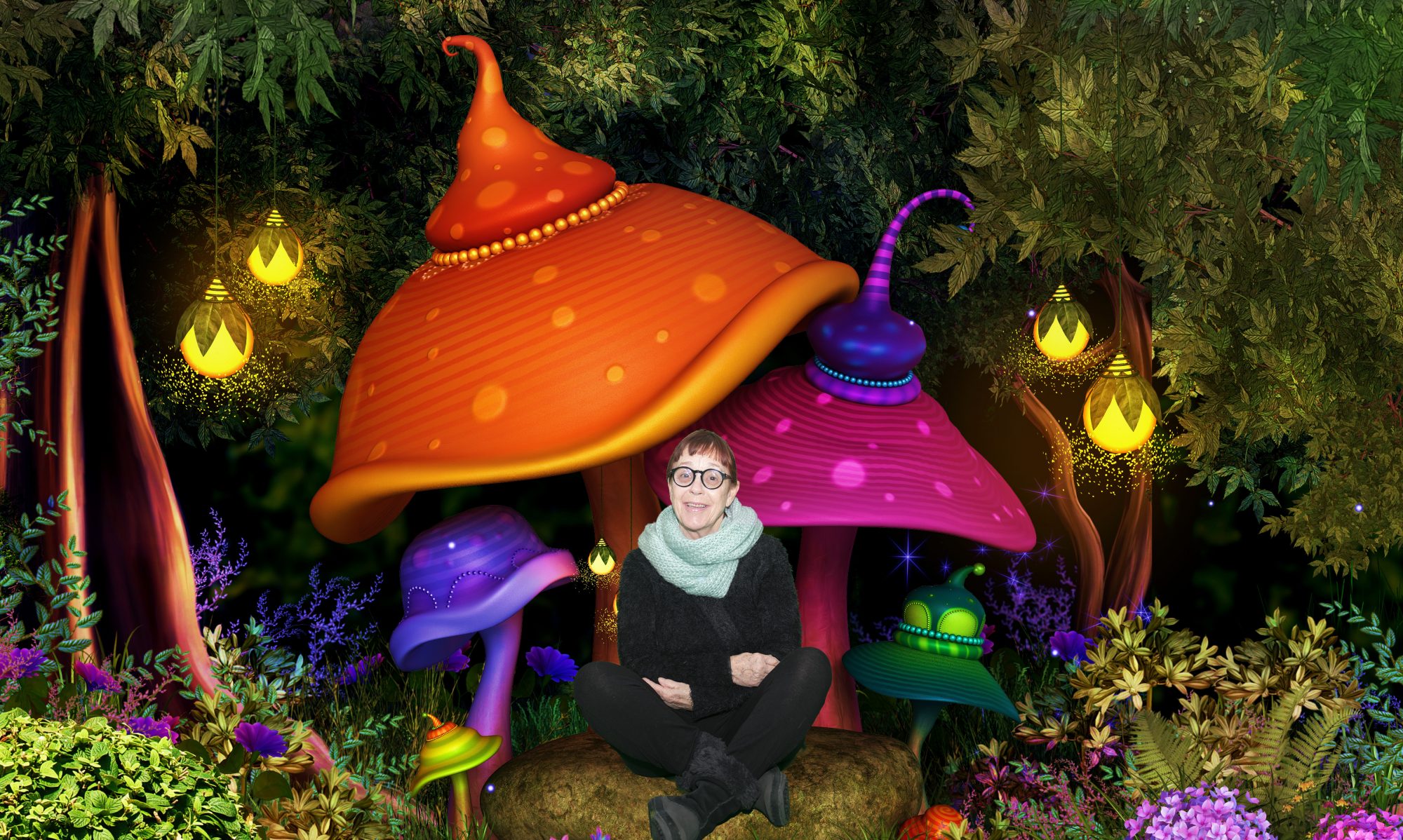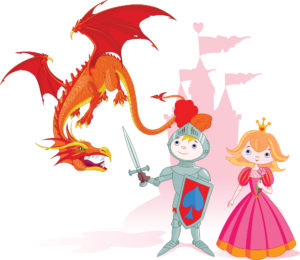A quest serves as a plot device in mythology and fiction: a difficult journey towards a goal, often symbolic or allegorical. Tales of quests figure occur prominently in the folklore of every nation and ethnic culture. … The moral of a quest tale often centers on the changed character of the hero. Quest – Wikipedia https://en.wikipedia.org/wiki/Quest
We are all would be heroes on our personal quests.
Some of us are brave, many are shy and there are many of who are scared stiff by our own quests!
This is why quest literature is so loved, in all its many forms! It allows us to enter into various fantastic scenarios and try them on for size. They give us the opportunity to observe the main characters as they battle all the elements that try to stop us on our questing journeys. We are all budding super-heroes!
JRR Tolkien’s The Hobbit, Lord of the Rings and more recently the violent but brilliant Game of Thrones are examples of how engaged we become with fantasy and quest literature.
Joseph Campbell identified stages of the The Hero’s Journey and these can be clearly seen in many of the fairytales and popular fantasy novels we read.
(http://www.thewritersjourney.com/hero%27s_journey.htm)
The stages are:
-
THE ORDINARY WORLD. The hero, uneasy, uncomfortable or unaware, is introduced sympathetically so the audience can identify with the situation or dilemma. The hero is shown against a background of environment, heredity, and personal history. Some kind of polarity in the hero’s life is pulling in different directions and causing stress.
-
THE CALL TO ADVENTURE. Something shakes up the situation, either from external pressures or from something rising up from deep within, so the hero must face the beginnings of change.
-
REFUSAL OF THE CALL. The hero feels the fear of the unknown and tries to turn away from the adventure, however briefly. Alternately, another character may express the uncertainty and danger ahead.
-
MEETING WITH THE MENTOR. The hero comes across a seasoned traveler of the worlds who gives him or her training, equipment, or advice that will help on the journey. Or the hero reaches within to a source of courage and wisdom.
-
CROSSING THE THRESHOLD. At the end of Act One, the hero commits to leaving the Ordinary World and entering a new region or condition with unfamiliar rules and values.
-
TESTS, ALLIES AND ENEMIES. The hero is tested and sorts out allegiances in the Special World.
-
APPROACH. The hero and newfound allies prepare for the major challenge in the Special world.
-
THE ORDEAL. Near the middle of the story, the hero enters a central space in the Special World and confronts death or faces his or her greatest fear. Out of the moment of death comes a new life.
-
THE REWARD. The hero takes possession of the treasure won by facing death. There may be celebration, but there is also danger of losing the treasure again.
-
THE ROAD BACK. About three-fourths of the way through the story, the hero is driven to complete the adventure, leaving the Special World to be sure the treasure is brought home. Often a chase scene signals the urgency and danger of the mission.
-
THE RESURRECTION. At the climax, the hero is severely tested once more on the threshold of home. He or she is purified by a last sacrifice, another moment of death and rebirth, but on a higher and more complete level. By the hero’s action, the polarities that were in conflict at the beginning are finally resolved.
-
RETURN WITH THE ELIXIR. The hero returns home or continues the journey, bearing some element of the treasure that has the power to transform the world as the hero has been transformed.
Children are fascinated with quest literature in all its forms and just like us with our quest literature, children need to be uplifted, inspired and encouraged.
These vicarious experiences really help children at a deep level to understand themselves and begin to glimpse a sense of their future journey.
In the past it was Robin Hood, Famous Five Adventures, Robinson Crusoe and so on. Kids still love these adventure/quest stories.
More recently Alan Garner’s wonderful books The Weirdstone of Brisingamen, The Moon of Gomrath and Elidor have become classics in this genre.
Ursula Le Guin’s Earthsea trilogy is a classic addition and there are many, many contemporary authors writing in this area. Harry Potter and the Percy Jackson series are great examples here!
Kids need their heroes
There are some wonderful books out there just waiting for young questers to find them.
Here is a great starter list.
https://www.theguardian.com/childrens-books-site/2015/apr/02/david-cadji-newbys-top-10-quests-in-childrens-books
If your children cannot read them yet, read TO them! Older kids love audio versions of these books and they also benefit from the closeness and bonding of a loved person reading out loud!
Many of these books make great reading for adults as well. Ursula Le Guin’s Earthsea books offer huge adventures of the mind for any brave, still questing adults!
Enjoy questing with your kids!

